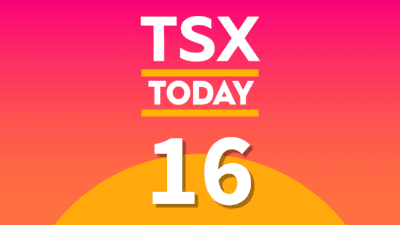Ever since the government of Ontario announced September 8 it was grabbing the entire cannabis retail market for itself, speculation about how the other provinces and territories would meet the demand for legal pot come July 2018 has been rampant.
Of course, here in Ontario, where we have a government that knows what’s good for us, it’s gotten out in front of the issue; it’s planning for 80 stores by the one-year anniversary of recreational cannabis and 150 stores by 2020.
So, with Ontario crossed off the list, let’s consider what’s happening in Canada’s three other major provinces.
Quebec
In a move that’s not very original, it’s expected that the Quebec provincial government will soon introduce legislation that will see the Société des alcools du Québec (SAQ), the Quebec government’s liquor stores, oversee cannabis retail in the province.
The outlets are expected to be standalone locations selling to all those 18 or older. No numbers have been mentioned regarding store openings, but I would imagine it will follow Ontario’s tiered rollout pretty closely.
For those of you who’re old enough to remember, it could look very much like the LCBO stores of yesteryear, when you eyeballed a bunch of whiteboards to find the products you were looking for, filled out an order form, and then took it to a counter for a runner to find your order.
Who knows? Maybe all the retail staff will sport those snappy white dress shirts I seem to remember employees wearing on visits to the LCBO with my dad.
What hasn’t been said is if Quebec and Ontario producers will be given preferential treatment when it comes to the producers supplying the cannabis or if they’ll just use them solely to provide the quantity necessary to keep stores fully inventoried.
We’ll know more soon.
Alberta
In early October, the Alberta government revealed its preliminary rules for the sale of cannabis in the province. The minimum age to purchase pot is 18 — the same as alcohol in the province; the wholesale distribution of cannabis to retail will be handled by the Alberta Gaming and Liquor Commission. It’s yet to be determined whether the stores will be government or privately run, or a hybrid.
The government is welcoming input from residents until the end of October, at which point the powers that be will convene to make a decision.
A total of 12 licensed producers of medical marijuana, including public companies Aphria Inc. (TSX:APH) and MedReleaf Corp. (TSX:LEAF), have formed the Canadian Cannabis Co-op to provide Albertans with an online and in-store operation that won’t cost taxpayers a cent and could even offer a dividend above specific targets.
Alberta’s privatization of liquor retail in 1993 has been a resounding success, increasing the number of products available in the province tenfold while adding more than 1,100 stores. Here’s to hoping sanity prevails and they go with a private-sector solution that includes many of the medical marijuana producers in this country.
British Columbia
In many respects, B.C. is already part of the way there. In April 2016, Vancouver created a bylaw to regulate medical marijuana dispensaries. To date, 41 permits have been issued with few complaints. While it’s not perfect, it’s far superior to what’s happening in Ontario.
Vancouver councilor Kerry Jang would like to see independent stores selling recreational cannabis under provincial and municipal regulation.
“It means that good operators who responsibly sell pot can continue to work and do business in the city of Vancouver and those who don’t gotta go,” said Jang recently.
However, not surprisingly, B.C.’s unions want cannabis sold in the province’s liquor stores — an idea that 65% of residents oppose.
Bottom line on Canada’s cannabis retail wars
We already know that Canopy has a two-year deal to supply the province of New Brunswick with four million grams of cannabis and cannabis derivatives over the two-year period. At $10 per gram (the price at which Ontario’s projected to sell pot at retail), that’s $24 million in revenue at wholesale.
So, it’s not a huge deal.
Although it’s still very early in the game, the real winners likely will be in Alberta — the only province that’s likely to embrace private-sector retail.
Stay tuned.








